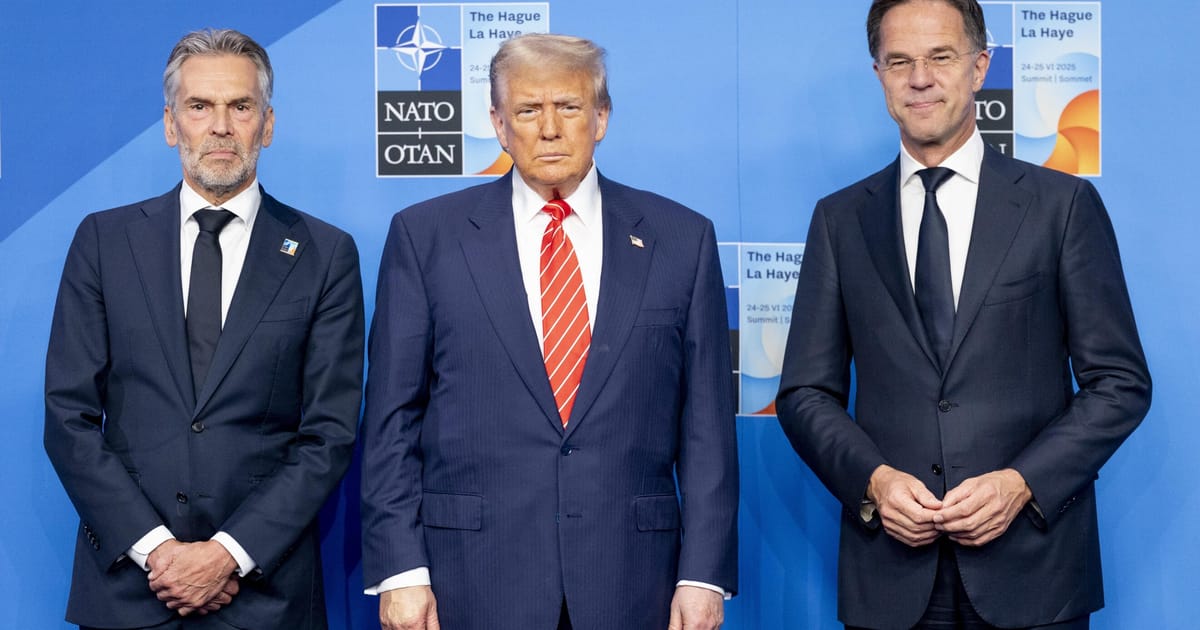

In a world of shifting allegiances and strategic maneuvering, nations across the globe are recalibrating their diplomatic ties and defense strategies, addressing both traditional alliances and emerging challenges. Recent developments such as NATO dynamics, the burgeoning partnership between Canada and the European Union (EU), and state visits underline the nuanced interplay of international relations in contemporary geopolitics.
The North Atlantic Treaty Organization (NATO), a cornerstone of transatlantic security, has recently encountered complexities following statements from former U.S. President Donald Trump, which questioned the steadfastness of America’s commitment to collective defense. Despite these uncertainties, frontline NATO countries are exhibiting resilience and a determination to uphold the alliance’s foundational principles. While Trump’s remarks created ripples of concern, they have not swayed the collective resolve of these nations to stay united in prioritizing mutual defense and stability.
In conjunction with these NATO developments, a significant stride has been made in fostering deeper ties between Canada and the EU. As traditional alliances with the U.S. face strains, Canadian Prime Minister Mark Carney and EU leaders, including Ursula von der Leyen and António Costa, have signed a comprehensive defense pact. This partnership is not just a response to geopolitical pressures; it also symbolizes a commitment to tackling global challenges such as climate change and support for Ukraine, as part of a collective effort towards maintaining peace and progress.
Meanwhile, on the diplomatic front, the United Kingdom is preparing to host Donald Trump for a formal state visit. This engagement, confirmed by Buckingham Palace, underscores the continuing interactions between the two nations despite the complexities arising from scheduling conflicts that prevent an informal meeting with King Charles. Such visits maintain historical ties and present opportunities for mutual understanding amid evolving global dynamics.
In the broader landscape of international relations, there are calls within the EU for a robust strategy to address vital humanitarian concerns. João Oliveira, a member of the European Parliament, is advocating for a comprehensive European strategy aimed at eradicating poverty by 2035. Such initiatives highlight the EU’s role in championing socio-economic welfare alongside its defense commitments, ensuring that progress is not solely measured by military strength but also by the quality of life of its citizens.
These converging trends reflect a world in transformation, where nations balance enduring alliances while simultaneously forging new partnerships and addressing systemic challenges. Through defense cooperation, diplomatic dialogues, and humanitarian strategies, countries are carving pathways toward a harmonious and secure global future. The calm and deliberate actions of these leaders offer a reassuring presence in navigating the uncertainties of a complex geopolitical landscape.
Source: {link}
